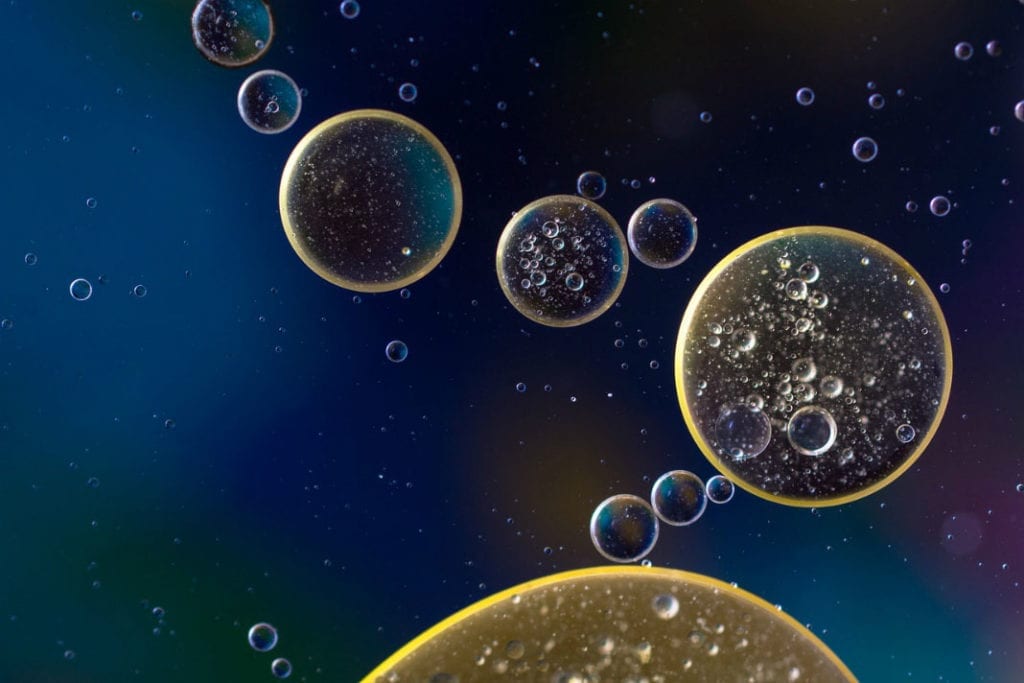If you’re anything like me, you probably don’t remember much about the work you did 20 years ago. And unless you’re a pack rat, chances are you can’t even lay your hands on the work you did 20 years ago—most of my 1997 vintage writing is probably languishing on 3½-inch floppy disks in a landfill somewhere.
But then again, most of us haven’t created drugs that have the potential to change the lives of people with adrenoleukodystrophy (ALD).
Fortunately, according to OHSU News, Tom Scanlan has. Twenty years ago, Scanlan created a synthetic thyroid hormone while working as a researcher at the University of California at San Francisco. The university licensed his work to a pharmaceutical company as a possible cholesterol medication, and the resulting drug, sobetirome, got as far as a phase I clinical trial before it was abandoned.
When the license for the prodigal drug returned to Scanlan in 2010, he was working at Oregon Health & Science University’s (OHSU) School of Medicine as a physiology and pharmacology professor, and he had all but forgotten about sobetirome. So when he received all of the data from the earlier trial—along with a cache of leftover sobetirome—he was left with a choice. He could stash it away and forget about it, pursue its development as a cholesterol drug… or he could do something all new.
Scanlan opted to do something new—specifically, something that would make a real impact on patients most in need of a real breakthrough. By this point, Scanlan had been following research that showed thyroid hormones had the potential to help ALD patients. So, working with his colleagues at OHSU, he went to work testing his hormone on mice.
In findings published in Endocrinology, Scanlan and his colleagues Meredith D. Hartley, Ph.D., Lisa L. Kirkemo, and Tapasree Banerji, Ph.D. revealed that the hormone had successfully lowered levels of VLCFA in the mice’s blood. VLCFA is a long chain fatty acid—in patients with ALD, high concentrations of VLDFA attack the myelin coating that protects nerve fibers in the central nervous system. There are two types of ALD; the type affecting children is more severe, and rapidly erodes the myelin of nerve fibers in the brain. These cases are almost always fatal.
To date, treatments have been extremely limited and have focused on trying to restore some balance to the levels of fatty acids in the body. That’s what led the parents of six-year-old ALD patient Lorenzo Odone to develop a dietary supplement to lower VLCFA levels in the blood—as depicted in the movie “Lorenzo’s Oil.” But as Scanlan and his colleagues’ research suggests, their synthetic hormone could do much, much more to lower those levels, and may actually slow the progression of the disease.
There’s still a long way to go before they can prove this concept. Testing the hormone on mice has its limits, since mice don’t experience the neurological symptoms of ALS that humans do. So the next obvious step is human trials, and THAT step could take many more years. But for ALD patients and parents of children with ALD, any new avenues of research are reason for optimism. Not bad for some 20-year-old work!







